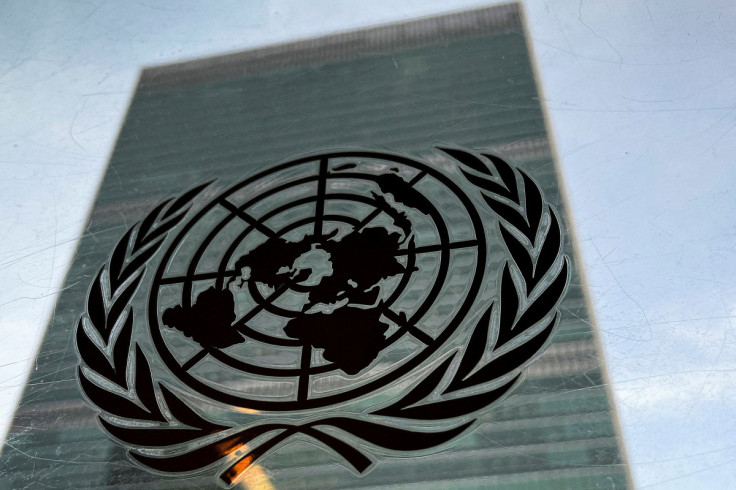
World leaders are getting ready to march in New York City before the Climate Ambition Summit at the UN headquarters in Times Square on Sept.20. Activists and organizations will come together to talk about climate action as extreme weather events that have occurred throughout this year are a stark reminder of a global climate crisis.
Summer of 2023 was Earth's hottest since global records began in 1880, according to scientists at NASA's Goddard Institute of Space Studies (GISS) in New York. Clear examples of extreme weather being the wildfires in Canada and Hawaii, and New York City having the worst air quality in the world.
The intergovernmental panel of climate change (IPCC) states in a press release that the solution lies in climate resilient development, majorly relying on reducing carbon emissions.
Harvesting solar power is five times more favorable than burning fossil fuels, states a report by international research agency Glocalities in collaboration with the international advocacy organization Global Citizen, and The Fossil Fuel Non-Proliferation Treaty Initiative.
"We face a choice: to unite under a common cause for solar energy or continue down a path that places our planet at grave risk," said Michael Sheldrick, Co-founder and chief policy, impact and governmental affairs officer for Global Citizen on Instagram.
Hispanic artists showcase
Climate Week takes place from Sept.17-24, with over 400 events. From exhibitions like Solar Portraits by Rubén Salgado Escudero set to happen at the Nest Campus at the Javits Center Sept.19 to 21. A panel at the Brooklyn Botanical Garden on Thursday, Sept.21 featuring Annel Hernández, Director of Climate and Environmental Policy for NYC, artist Gabriela Salazar and others to talk about how art and cultural programming around climate change can help heal the world.
According to the Pew Research Center, more than 8 in 10 Hispanics (81%) say addressing global climate change is either a top concern or one of several important concerns to them personally, with 39% saying it is a top personal concern.
As climate change makes extreme weather events more common globally, more people leave their homes, according to a 2018 report by the World Bank. Climate change is another catalyst towards migration especially for Central Americans. It has been among the top sources of climate migration in recent years. The region could see up to 17 million people migrate due to climate change by 2050.
Both storms and crop failures have driven already poor families further into poverty. Leaving them with no choice but to migrate. Droughts were likely a key driver of large increases in family migration from Honduras and Guatemala to the United States in 2018 and 2019 stated Sarah Bermeo, a professor of public policy and political science at Duke University in an interview with United States Institute of Peace.
In previous studies done by the Pew Research Center's National Surveys of Latinos, it has found that Latinos are concerned about the financial and overall well-being of their children and future generations. About two-thirds (67%) of Hispanics say the government is doing too little. With 52% of Hispanics saying human activity contributes to climate change.
Climate Week in New York invites the global community to take part as there is the option to join virtually. Climate Week NYC events will cover ten themes; Built Environment, Energy, Environmental Justice, Transport, Finance, Sustainable Living, Nature, Policy, Industry and Food. The March to End Fossil Fuels will begin its route on W 56th & Broadway at 1 p.m. EST and conclude with a rally with a panel that will include Rep. Alexandria Ocasio-Cortez.
© 2025 Latin Times. All rights reserved. Do not reproduce without permission.





